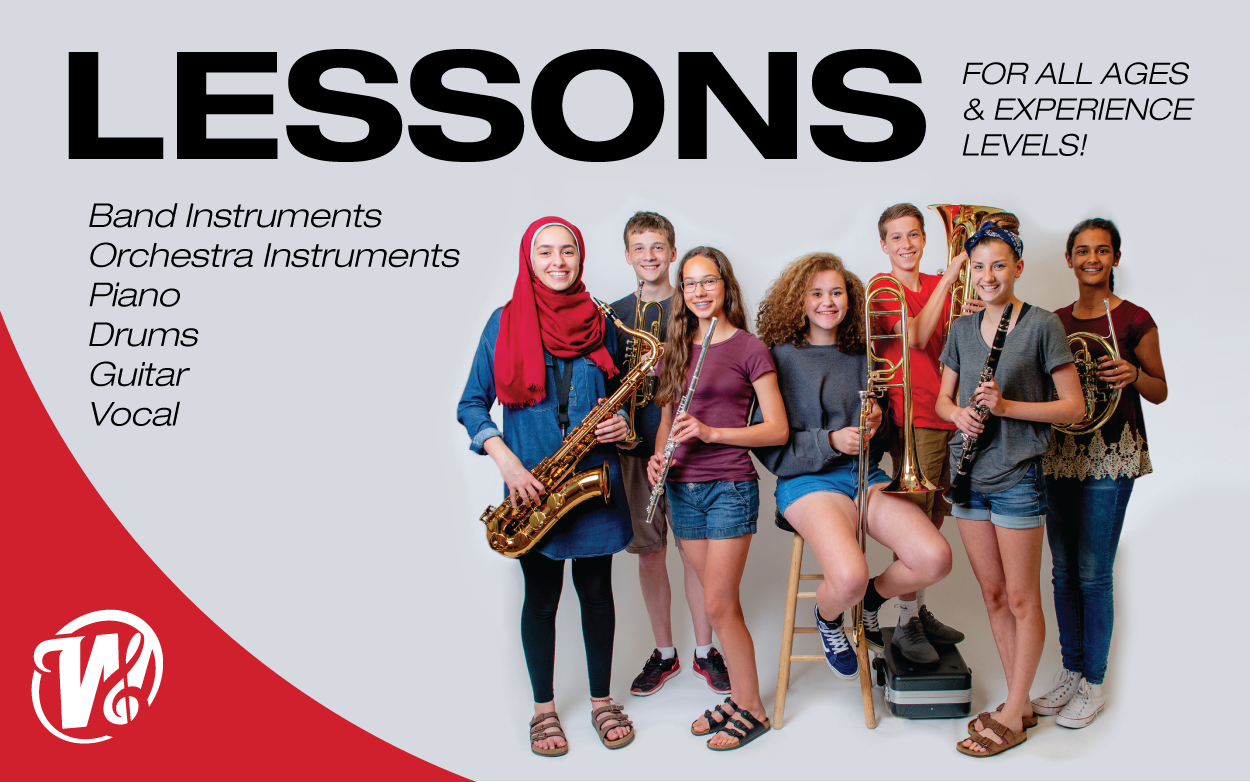A Brief Guide to Choosing the Best Piano Brands for Students
Discover the top piano brands perfect for students with this short guide.
Understanding the Importance of Choosing the Right Piano Brand
Choosing the right piano brand is crucial for students as it can greatly impact their learning experience and progress. A high-quality piano from a reputable brand ensures that students have access to a reliable instrument that produces accurate and consistent sound. It also helps in developing proper technique and dynamics, as well as enhancing musical expression. Moreover, a good piano brand retains its value over time, allowing students to upgrade or sell their instrument if needed.
In contrast, a poor-quality piano may hinder students' progress and discourage them from practicing. It may have uneven key responsiveness, inconsistent sound quality, and limited dynamic range, making it difficult for students to develop a refined touch and control. Additionally, a low-quality piano may require frequent repairs and tuning, resulting in added expenses and interruptions in students' practice routine.
Therefore, investing in a reputable piano brand is essential for students, as it ensures a positive and rewarding learning experience.
Factors to Consider When Choosing a Piano Brand for Students
When choosing a piano brand for students, there are several factors to consider:
1. Budget: Determine the budget available for purchasing a piano. It is important to strike a balance between affordability and quality.
2. Size: Consider the available space for the piano. Students living in small apartments or dormitories may opt for a compact or digital piano.
3. Purpose: Identify the purpose of the piano. Is it primarily for practice, performance, or both? This will help in selecting the appropriate features and specifications.
4. Reputation: Research and gather information about different piano brands. Read reviews, seek recommendations from teachers or experienced pianists, and consider the brand's history and reputation in the industry.
5. Sound and Touch: Test the sound and touch of the piano. It should have a pleasing tone and responsive keys that feel comfortable to play.
6. Longevity: Consider the longevity of the piano. A durable instrument built with quality materials is more likely to withstand years of use and retain its value.
By considering these factors, students can make an informed decision and choose a piano brand that best suits their needs and preferences.
Top 3 Piano Brands Ideal for Students
1. Yamaha: Yamaha is renowned for producing high-quality pianos suitable for students. They offer a wide range of models, from entry-level to professional-grade instruments, ensuring there is an option for every student's skill level and budget.
2. Casio: Casio offers a range of digital pianos suitable for students. They are known for their affordability and compact design, making them an ideal choice for students with limited space or a tight budget. Despite their compact size, Casio pianos often provide a realistic playing experience with weighted keys and quality sound.
3. Steinway & Sons: While Steinway pianos are considered high-end and may be out of reach for some students, they are worth mentioning for their exceptional quality and craftsmanship. Steinway pianos are known for their rich and expressive sound, making them a dream instrument for many pianists. Some students may have the opportunity to practice or perform on a Steinway piano in a music school or concert hall.
These are just a few of the top piano brands ideal for students. Each brand offers unique features and characteristics, so it's important for students to try out different models and find the one that resonates with them the most.
Comparing the Pros and Cons of Each Piano Brand
1. Yamaha:
Pros: Wide range of models to choose from, reliable and consistent quality, suitable for different skill levels and budgets.
Cons: Higher-end models can be expensive.
2. Casio:
Pros: Affordable, compact design, realistic playing experience.
Cons: Limited sound customization compared to higher-end digital pianos.
3. Steinway & Sons:
Pros: Exceptional quality, rich and expressive sound.
Cons: High price range, may not be accessible for all students.
By comparing the pros and cons of each piano brand, students can make a more informed decision based on their specific needs, preferences, and budget.
Tips for Selecting the Best Piano Brand for Students
1. Do thorough research: Take the time to research different piano brands, read reviews, and gather information about their reputation and history. This will help in narrowing down the options and selecting the most suitable brand.
2. Try before you buy: Visit piano showrooms or music stores to try out different piano models. Play them and assess the sound, touch, and overall feel of the instrument. This hands-on experience is crucial in making an informed decision.
3. Seek recommendations: Consult piano teachers, experienced pianists, or music professionals for recommendations. They can provide valuable insights and guidance based on their expertise and experience.
4. Consider long-term goals: Think about the long-term goals of the student. If they plan to pursue a career in music or continue playing the piano at an advanced level, investing in a higher-quality instrument may be more beneficial in the long run.
5. Take budget into account: Set a budget and stick to it. It's important to strike a balance between affordability and quality. There are excellent piano brands available at various price ranges, so it's possible to find a suitable option within the budget.
By following these tips, students can navigate the process of selecting the best piano brand with confidence and make a choice that will enhance their musical journey.

